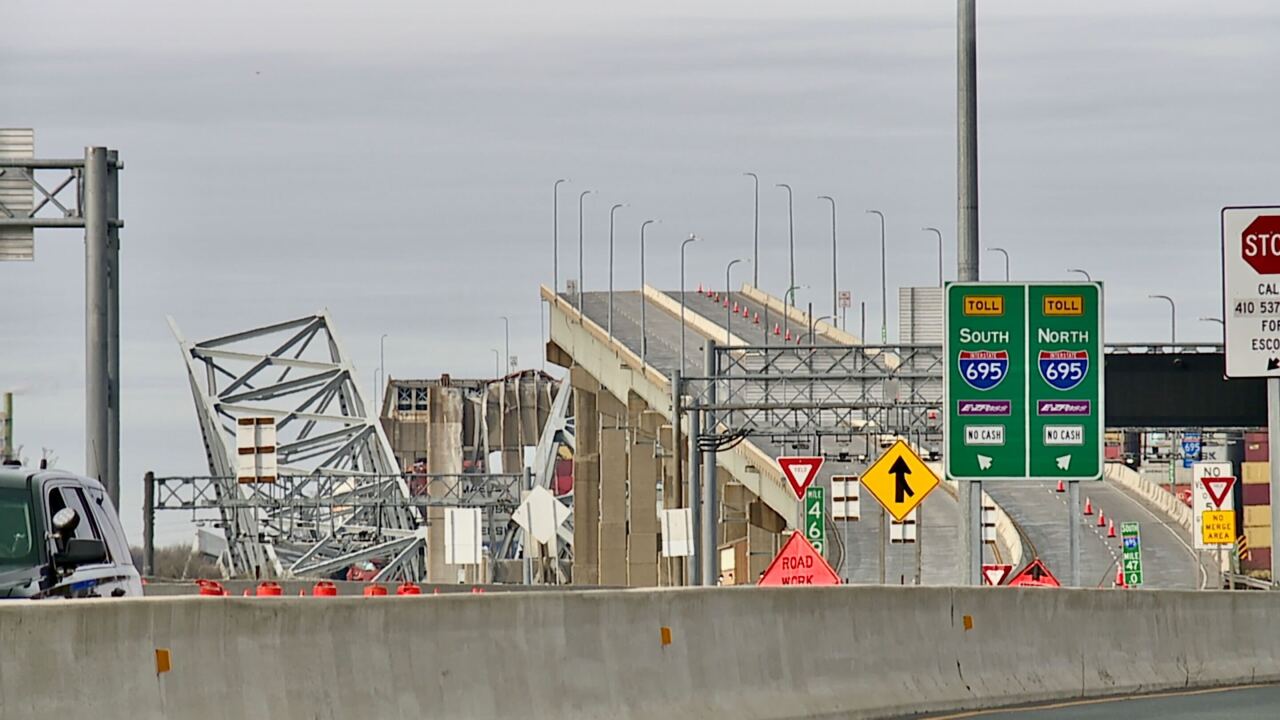Tragedy in Iran: President Ebrahim Raisi Dies in Helicopter
Crash
Iranian President Ebrahim Raisi, a prominent hardliner and
potential successor to Supreme Leader Ayatollah Ali Khamenei, died in a helicopter
crash near the Azerbaijan border, officials and state media confirmed on
Monday.
The accident occurred on Sunday in the mountainous region
during poor weather conditions. The charred wreckage, found early Monday after
an overnight search in blizzard conditions, contained the bodies of Raisi,
Foreign Minister Hossein Amirabdollahian, and six other passengers and crew
members.
Supreme Leader Khamenei announced that First Vice President
Mohammad Mokhber would serve as interim president, as reported by the official
IRNA news agency. "I announce five days of public mourning and offer my
condolences to the dear people of Iran," Khamenei stated. Mokhber, like
Raisi, is seen as closely aligned with Khamenei.
Iran's constitution mandates a new presidential election
within 50 days, with candidates needing approval from the Guardian Council, a
hardline body known for disqualifying many moderate and conservative
candidates. Consequently, a significant shift in Iranian policy is unlikely.
Footage from state television showed the wreckage on a foggy
hillside, with separate images from IRNA depicting Red Crescent workers
transporting a covered body. All on board perished, confirmed a senior Iranian
official. Deputy Foreign Minister Ali Bagheri Kani has been appointed acting
foreign minister following Amirabdollahian's death.
The crash comes amid increasing internal dissent and
international pressure over Iran's nuclear program and its military ties with
Russia in the Ukraine conflict. Since Hamas attacked Israel on October 7,
sparking conflict in Gaza, confrontations involving Iran-aligned groups have
intensified across the Middle East. Despite speculation, an Israeli official
denied any involvement in the crash.
State media reported the U.S.-made Bell 212 helicopter
crashed into a mountain peak, though the exact cause remains unclear. The
deceased included the governor of East Azerbaijan Province and a senior imam
from Tabriz city. Decades of sanctions have hindered Iran's ability to maintain
or upgrade its aircraft, and Russia has offered to assist with the crash
investigation.
Raisi, 63, elected president in 2021, had tightened morality
laws, cracked down on protests, and pursued nuclear negotiations with world
powers. Condolences poured in from regional neighbors and allies, including
Saudi Arabia, Russia, and several Middle Eastern countries.
Western responses were more muted, though the European Union
and Japan expressed condolences. Iran-backed groups like Hamas, Hezbollah, and
the Houthis also mourned his death, while the exiled opposition viewed it as a
significant blow to the Islamic Republic.
Rescue teams battled harsh weather and difficult terrain to
recover the wreckage. Video footage showed them navigating the mountainside in
pitch darkness. In Iran's dual political system, ultimate decision-making power
lies with Khamenei, the supreme leader since 1989.
Raisi's presidency in 2021 brought all branches of power
under hardliner control after eight years of more moderate leadership under
Hassan Rouhani. However, Raisi's administration faced widespread protests and
economic struggles exacerbated by Western sanctions.
Raisi had been visiting the Azerbaijani border to inaugurate
the Qiz-Qalasi Dam, a joint project with Azerbaijan. President Ilham Aliyev of
Azerbaijan, who had met Raisi earlier, offered assistance in the rescue
efforts.










.jpg)